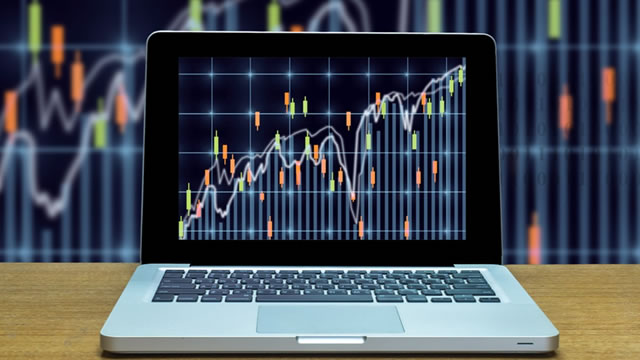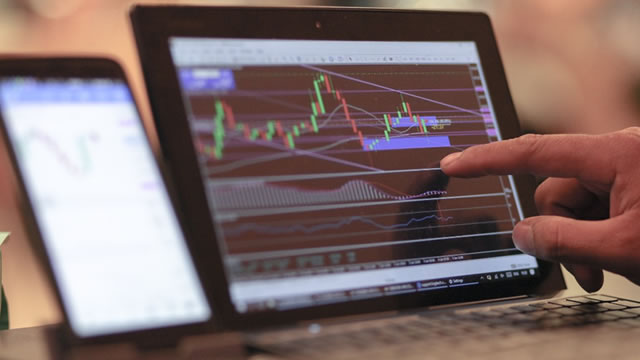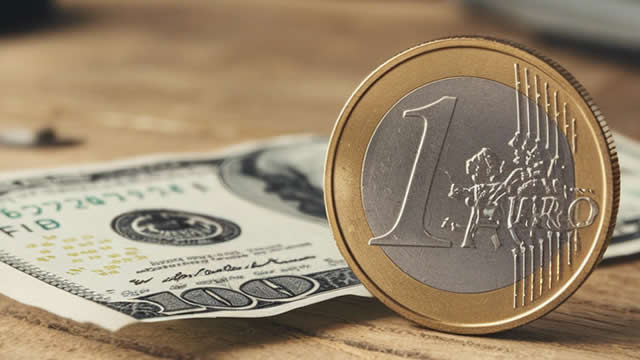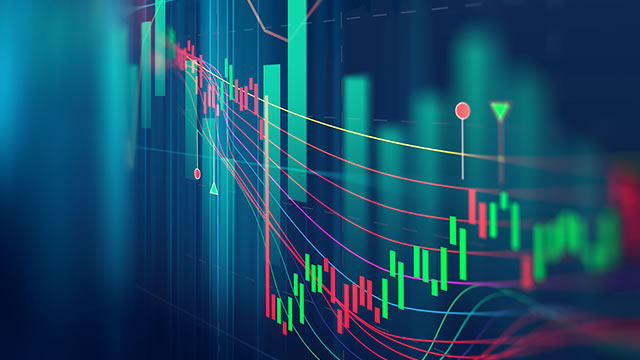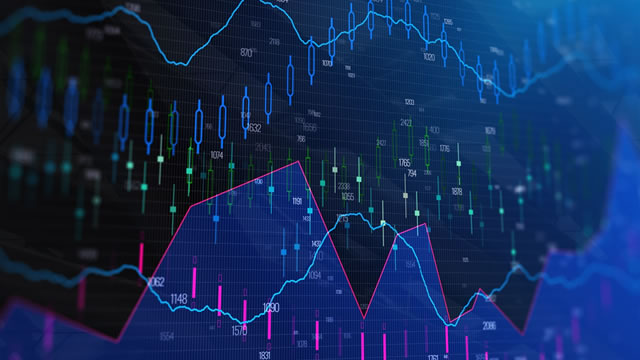Gold Prices Reach New Highs Amid Intensified Tariff Wars
Gold prices surged this week, breaking through the historical highs set earlier in the year. The precious metal had experienced a brief correction at the end of last week, but the renewed tensions in the global trade landscape have once again pushed investors towards safe-haven assets.
Tariff Wars Intensify: A New Round of Trade Conflicts
The latest round of tariff wars between the world’s two largest economies, the United States and China, has intensified in recent days. In response to new tariffs imposed by the U.S., China announced retaliatory measures, escalating the trade conflict and causing uncertainty in financial markets.
Central Banks Respond to Tariff Wars: Safe Havens in Demand
The intensified tariff wars have led central banks around the world to consider increasing their gold reserves. The safe-haven appeal of gold is particularly strong during times of economic and political uncertainty. Central banks in countries like Russia, Turkey, and India have all reportedly increased their gold purchases in recent months.
Impact on Individuals: Gold as a Hedge against Inflation and Economic Uncertainty
For individuals, the renewed interest in gold as a safe-haven asset can have several implications. Gold is often seen as a hedge against inflation and economic uncertainty. As such, some investors may choose to add gold to their portfolios as a way to protect against potential losses in other asset classes. Additionally, the rising gold prices can benefit those who own gold directly or through exchange-traded funds (ETFs).
- Individuals can consider adding gold to their portfolios as a hedge against inflation and economic uncertainty.
- Gold ETFs can be a convenient way for individuals to invest in gold without physically owning the metal.
- Rising gold prices can benefit those who already own gold or gold-related investments.
Impact on the World: Global Economic Consequences
The intensified tariff wars and the resulting safe-haven demand for gold can have far-reaching consequences for the global economy. The uncertainty caused by the trade conflicts can lead to reduced business confidence and decreased investment, potentially leading to slower economic growth. Additionally, the increased demand for gold can put pressure on the supply of the precious metal, potentially driving up prices even further.
- Trade conflicts can lead to reduced business confidence and decreased investment, potentially slowing economic growth.
- Safe-haven demand for gold can put pressure on the supply of the precious metal, potentially driving up prices.
- Central banks’ increased purchases of gold can impact global gold markets and potentially influence other currencies and financial markets.
Conclusion: Gold Prices and the Global Economic Landscape
The renewed interest in gold as a safe-haven asset amid intensified tariff wars highlights the ongoing uncertainty in the global economic landscape. For individuals, investing in gold can provide a hedge against inflation and economic uncertainty. For the world, the trade conflicts and resulting safe-haven demand can have far-reaching consequences, potentially impacting economic growth and financial markets.
As the global economic situation continues to evolve, it is important for individuals and institutions to stay informed and adapt their investment strategies accordingly. Gold, as a safe-haven asset, can play an important role in diversified portfolios and risk management strategies.

